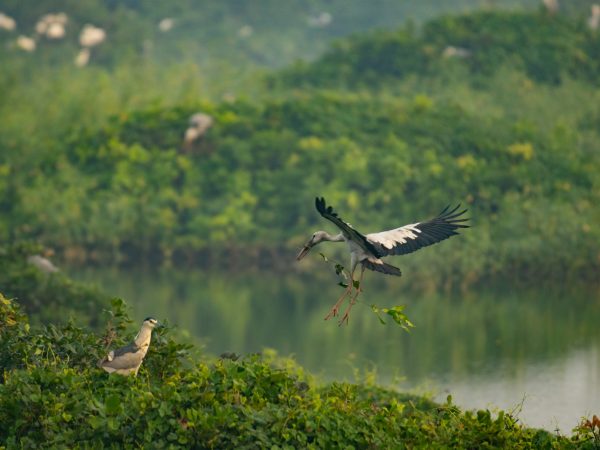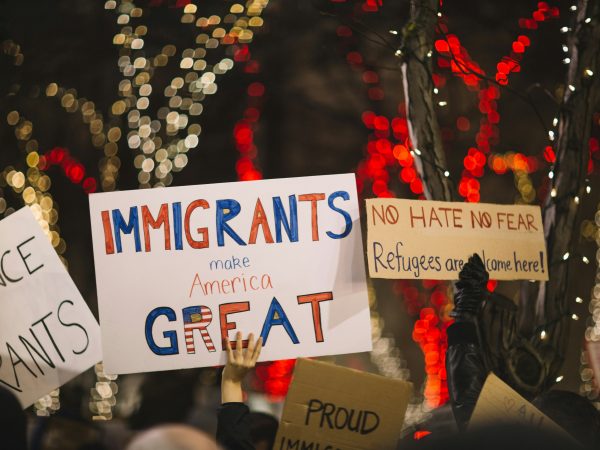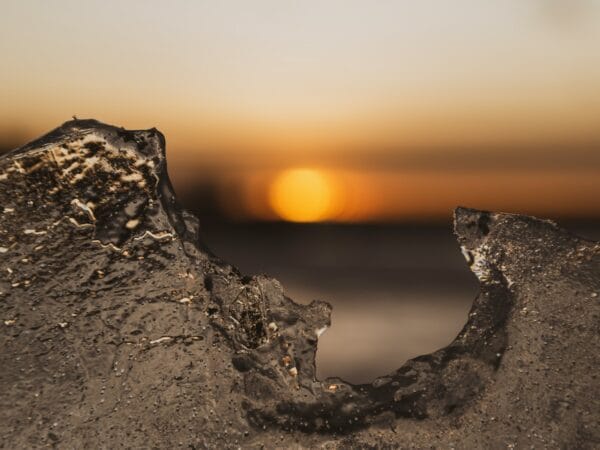
This Third Sunday of Epiphany is a celebration of light breaking into darkness, but as I write, my friends and neighbors are reeling from the death of a legal observer—shot and killed by a federal agent blocks from my home.
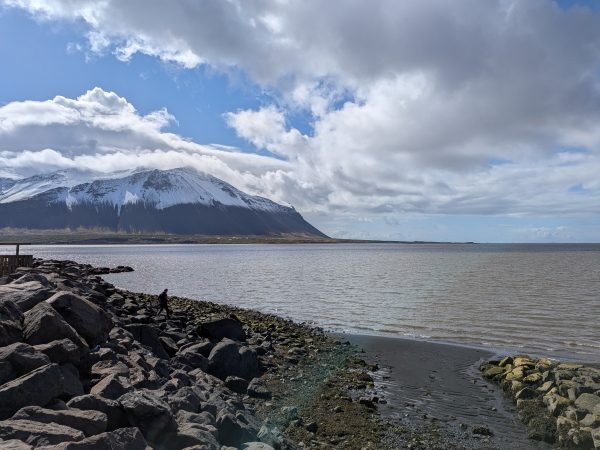
Regardless of whether we live in the shadow of volcanoes or glaciers, we can see and know that God is at work in the awesome and majestic unfolding of creation. The same divine sovereignty that moves mountains can move human hearts toward the kin-dom—if we have eyes to see and courage to act.
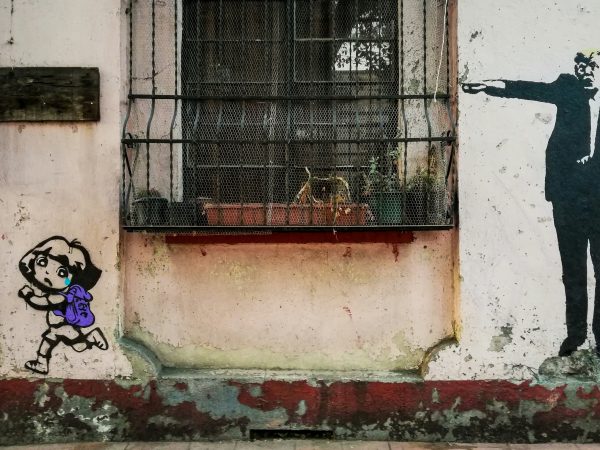
All human beings (including me) are capable of dehumanizing others. Moreover, all dehumanizers (including Jesus) can change their minds.
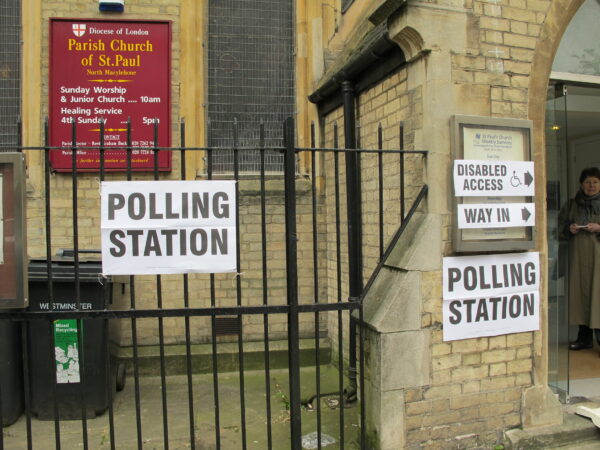
Méadhbh McIvor, special projects editor, interviews Erin K. Wilson on her book Religion and World Politics: Connecting Theory with Practice. They discuss how her book “tries to move us away from this surface-level essentialist thinking about religion and provide people with a practical guide for how to incorporate religion into analysing world politics without over- or under-emphasising its importance.”
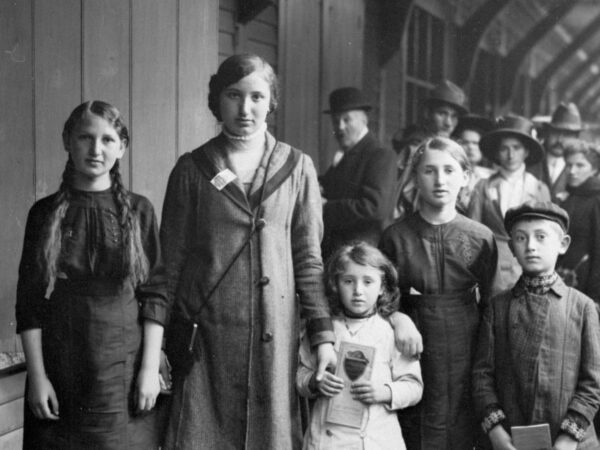
“Your clay is the clay of some Litvak shtetl, your air is the air of the steppes.”
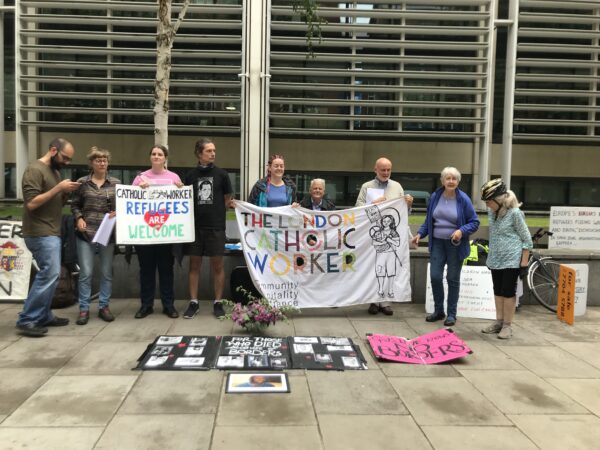
The London Catholic Worker creates the physical and intellectual spaces in which to practice radical hospitality and explore Christian anarchism. As these spaces can be transitory, easily destroyed or abandoned, the Catholic Worker must draw on its personalist and anarchist roots to adapt to a rapidly changing world.
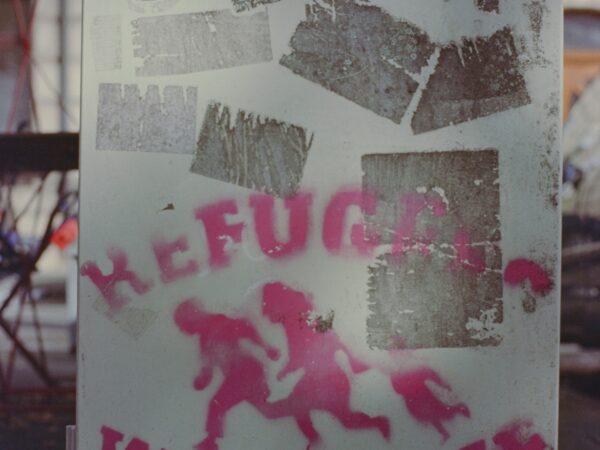
The story of Mary, Joseph, and Jesus is nothing but the story of people fleeing the violence of an authoritarian empire, though the glitter and celebration of Christmas may have muffled the brutal reality of migrants and refuges seeking sanctuary from death. It is in the midst of such imagined Christmas that the veracity of homeless migrants dying in choppy waters and people stuck in border detention camps waiting for a new future gives us a reality check. The violent empires may have faded but their legacies linger on.

Muslim French are heirs to a rupture that has become a continuity. While the Islamic revival in France is often framed as a movement of “modern” young people distancing themselves from their parents’ and grandparents’ “traditional” forms of Islam, many young Muslims describe their religiosity in terms of the inheritances of immigration.
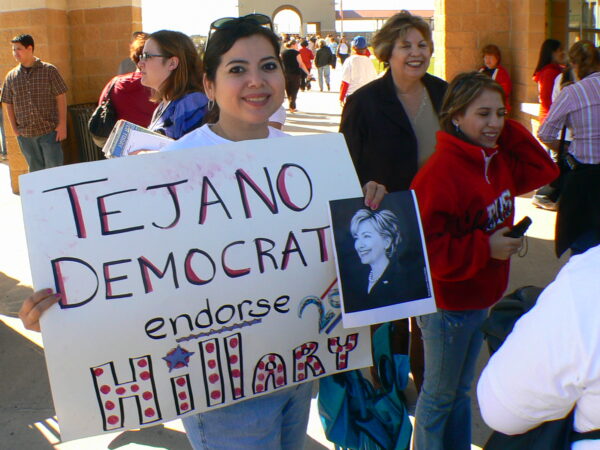
Pentecostals’ political commitments reflect processes of memory and amnesia, assimilation and identity… the stronger the memory of sojourning, migration and exile, the healthier the entrails of compassion for the soujourner’s wellbeing; the greater the distance from the memory of a wandering past, the greater the buy-in to a nationalistic Malthusian ideology that, among other things, paints the sojourner as law-breaking menace to the host society.

